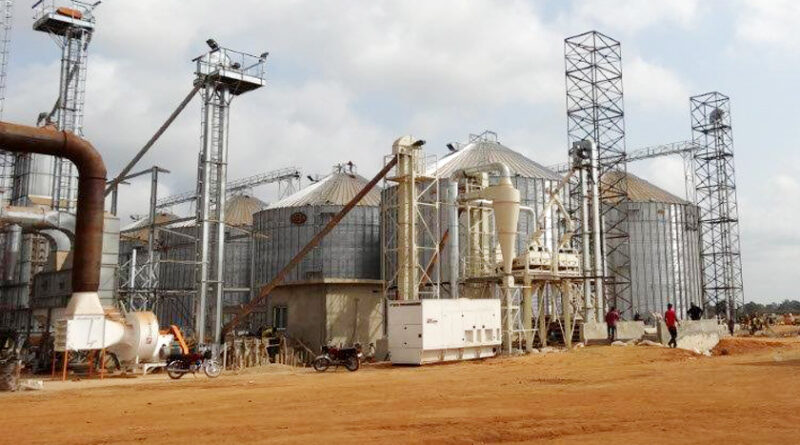Punjab: 12 millers default on Rs 47 crore rice delivery to govt in 5 years
By Ruchika M Khanna
In the past five years, 12 private rice millers have failed to deliver 14,333 tonnes of rice worth Rs 47.49 crore to the government.

The highest default in returning the milled rice to the government was reported in 2019-20 when 4,453 tonnes of milled rice were not returned by private millers. The cost of this rice is estimated at Rs 15.07 crore.
The next year was no different when a default of 3,555 tonnes of rice, worth Rs 13.10 crore, was reported in the state.
A sum of Rs 1,87,178 crore has been spent on buying paddy from the state between 2018-2023, with the highest amount of Rs 42,013 crore, being spent in 2020-21. It was then that 2,00,13264 tonnes of paddy was given to rice mills. In the last milling season, 1,80,10,645 tonnes of paddy was allocated to rice millers, procured at Rs 39,855 crore.
During this five-year period, of the 8.92 crore tonnes of paddy was allocated for milling, 59.75 crore tonnes of rice has been delivered to the government. The cost of the milled rice is Rs 2,01,715 crore.
According to the data available with The Tribune, 12 rice shelling units defaulted on the delivery of rice between 2018- 2023. However, two of these have paid up the cost of the undelivered rice, as ascertained by the state Food and Supply Department to be eligible for milling in the next year. The government has initiated recovery proceedings from the remaining 10 defaulting rice shelling mills.
Official sources in the department have told The Tribune that the Punjab Custom Rice Milling Policy does not allow for the defaulting rice mills to participate in the milling process for the year. The delivery of each year’s rice is effected by June and, because of the stringent policy, the number of defaulters are very few.
“There have been cases where even driage in the paddy sent to the mills has been accounted for in the default in delivery with the millers being assigned a 67 per cent out-turn ratio from the paddy allocated to them. In such cases, where default is on account of paddy losing its moisture content, the cost of undelivered paddy is adjusted when the milling charges are made to the rice mills,” said a senior officer in department.
This article has been republished from The Tribune.

